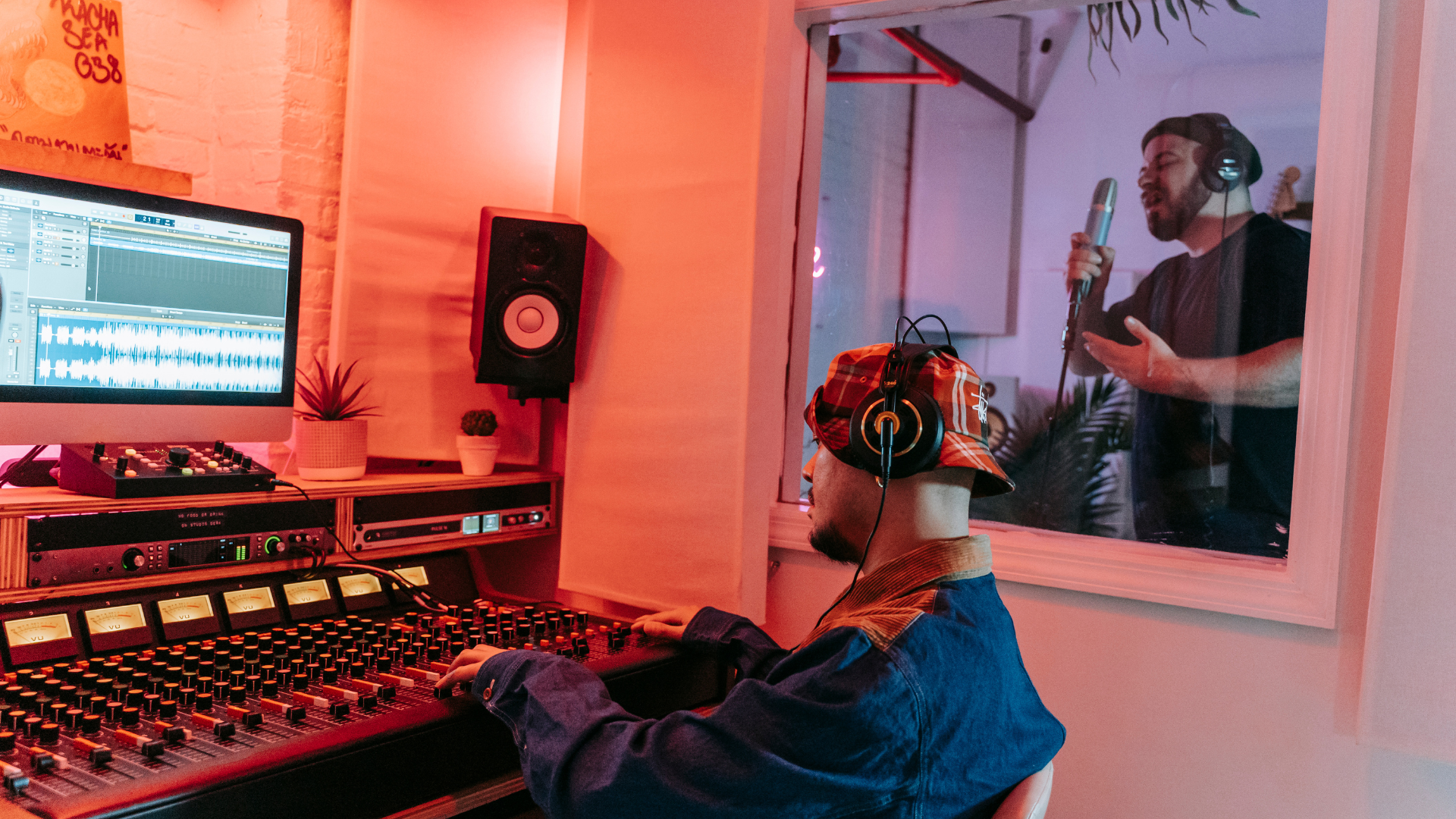As a music producer, you’re responsible for helping artists create their dream soundtracks and albums. In this blog post, we’ll outline the steps you need to take to become a successful music producer. So start packing your bags – it’s time to embark on your musical journey!
What is a music producer?
Music producers are responsible for the production of music and audio recordings. They typically work with songwriters, composers, and other artists to create music that meets the needs of a client or project. Their job can vary greatly depending on the type of project they are working on. Some producers may be involved in all stages of the production process, from writing to recording to marketing. Others may only focus on one stage or aspect of the process.
Producers often have a degree in music or audio production. However, not all producers require formal training; some might get their education from reputed online music schools similar to Hyperbits rather than a physical one, while others might have gained experience working in music industry jobs or as self-taught musicians. Regardless of training or experience, most producers work with a team of people to create a finished product. Music producers often work with engineers, mixers, and other experts to help produce high-quality recordings.
Common roles of a music producer
A music producer is a person who helps create, produce, and engineer music. A music producer has many roles, including being the lead songwriter, working with other musicians and engineers to create a record or album, and helping to find and sign new artists. A music producer can help create a record or album by working with other musicians and engineers to come up with ideas for songs, choosing the right instruments and sounds for the track, and making sure everything is recorded correctly. They can also help find new artists to work with, help get the artist’s songs recorded properly and promote the artist’s music.
In today’s digital age, promoting music has become more complex. Music producers often need to use various platforms to ensure that their artist’s work can reach the right audience. For example, using spotify promotion methods can be a great way to increase visibility and attract listeners. By getting songs featured on popular playlists, producers can help boost their artist’s exposure and potentially lead to more streams and followers.
How to start your career as a music producer
If you’re passionate about music and have a knack for producing sound, there’s a good chance you could find yourself in production sooner rather than later. Here are tips to help you get started in music production.
- Start by learning about the industry. There is no one-size-fits-all answer to getting into music production, but understanding what goes into making a hit track can help set you on the right path. Do some reading, watch tutorials, and attend trade shows and industry events to learn how the music industry works.
- Get your hands dirty. No matter how much you want to be a music producer, it won’t happen if you don’t start producing sound yourself first. Learn how to use audio editing software, mix down tracks, and produce your MP3s or CDs. This will not only give you experience working with tools and equipment but also teach you how to think like a producer – all important skills for any career in production.
- Listen, learn, and grow that’s what being a producer is all about. As with any new skill or profession, developing the necessary skillset for music production takes time and effort. Be patient; there will be plenty of opportunities for growth as you learn more about this unique field.
- Network! The best way to get ahead in the music industry is to make connections. Attend industry events, meet people in the industry, and become involved in online communities related to music production. This will not only give you access to valuable resources but also help you build your network of contacts who can help you reach your career goals.
- Have a passion for music and produce a sound that’s unique to you. No sound or style is better than another, so don’t be afraid to experiment with different sounds and styles when producing music. If you love what you’re doing, others will soon see that and want to work with you.
The business side of being a music producer
If you love music, producing it might be a career for you. Becoming a music producer means working with talent to create and produce songs, albums, or tracks for other artists. There are many different aspects to this business, but here’s a look at some of the basics:
- Get your education: Music production requires training and knowledge in audio engineering, songwriting, and recording technology. A degree in music production may give you an advantage when looking for work as a producer.
- Get experience: The best way to learn how to produce is by doing it. As a producer, you’ll need to have experience working with musicians and producers to develop your skills. This can come from volunteering at recording studios or collaborating with other producers on projects.
- Network: Getting your name out there as a music producer is key to finding work. Connect with industry people who can help advance your career.”
Music production can be a very rewarding career, but it takes a lot of hard work and dedication to be successful. If you’re interested in becoming a music producer, research the field and invest in any necessary training and experience. Finally, networking is essential for finding work in this competitive field.

